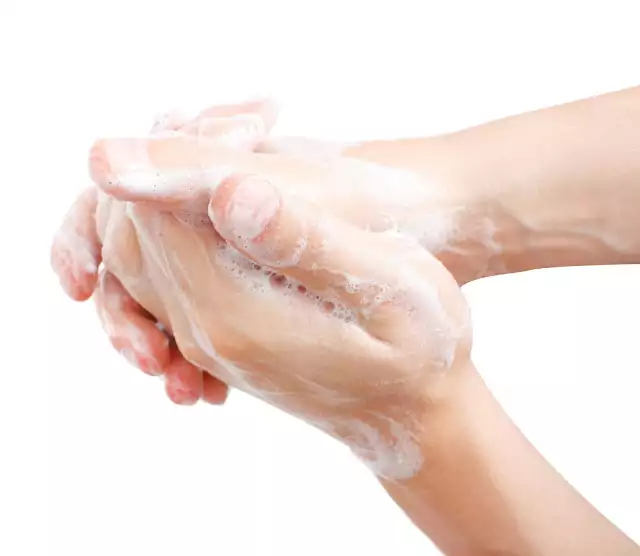An Important Hygienic Practice for Health Protection
Washing the hands as a matter of hygiene is something almost all people are basically told to do as children, and yet it is sometimes taken for granted even by adults, and often, a neglected practice.
It is widely acknowledged that thorough hand washing with soap after using the bathroom and toilet is an effective way to prevent disease from spreading. However, studies have shown that there is a significant percentage of people not doing this. Some just rinse their hands with water, while others do not even wash at all.
It is more alarming if this situation happens in the hospitals. How about doctors, most particularly, and the medical staff failing to wash their hands before and after touching their patients? Certainly this is a dangerous situation. Hands unwashed can be a major cause of all sorts of diseases and bacteria, and of all places, if it happens in hospitals.
Correct Ways to Wash Hands
Some people might ask, “Is there a proper or correct way to wash hands? As long as water and soap are used.” There is a proper way. Here are two:
- Rub hands with soap and water for at least ten seconds. This will loosen the germs, then rinse all traces of the soap. Cold or warm water will do, but if dirty hands involve grease, warm water will definitely cut through quicker.
- It is advisable to thoroughly wash the area surrounding the fingernails, as dirt and bacteria accumulate faster in the nails especially the longer ones. Generally, it is best to keep fingernails short.
Hot Air in Public Toilets
Hot air dryers in public toilets are very common anywhere – movie houses, department stores, shopping centers, airports. Some people may not be aware that these dryers can spread germs around the room every time someone uses these hot air dryers. Why is this so? It is because inside the dryers, dust and other germs can accumulate over time, and dryers focus the air stream on to the hands and face; they eventually send germs or bacteria to parts of the body where they might do more damage.
Tips When To Wash Hands
There may be other situations. Here is the most basic know-how of when hands should be washed:
- After handling dirty items, including garbage and chemicals
- Before and after handling food, especially raw food
- After using the toilet, and for ladies, also before, if having menstrual period
- After changing a nappy
- After sneezing, blowing nose or coughing into your bare hand
- After playing with a pet or cleaning a tray of litter
- After handling newspapers or money (advisable)
As much as possible, for health and hygiene sake, encourage one another, at home or in the office, to wash hands when necessary.
